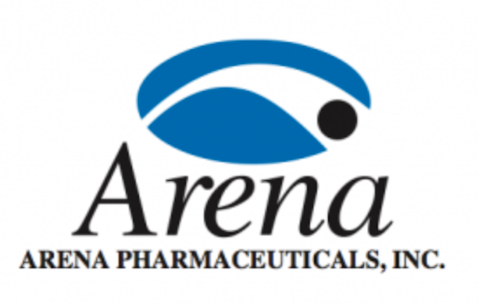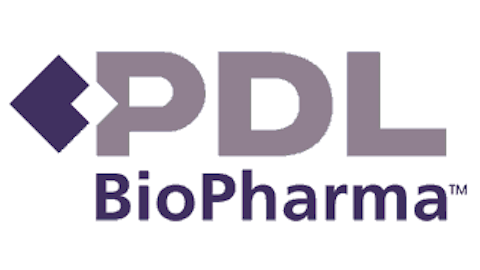Despite announcing a probable entry into Mexico of Belviq (lorcaserin), shares of Arena Pharmaceuticals, Inc. (NASDAQ:ARNA) went down 2.31% in trading in a single day recently. Year-to-date, the stock has gone down more than 9%, and 23.25% from this year’s high achieved in mid-January 2013.
We have been forever waiting for the regulatory processes to get over with so they can launch the first drug in their portfolio. It seems like we will have to wait awhile longer now. So while we wait, lets sit down and wonder whether today’s dip should be used to buy into the stock, or is it a signal for those already invested to exit.

So whats going on at Arena Pharmaceuticals, Inc. (NASDAQ:ARNA)?
Right now, and as everyone knows, Arena Pharmaceuticals, Inc. (NASDAQ:ARNA) is a single drug company with one FDA approved anti-obesity drug, Belviq. The company, however, has four candidates, one each for pulmonary arterial hypertension, thrombotic diseases, autoimmune diseases and pain, in pre-clinical and phase 1 development phases.
Arena Pharmaceuticals, Inc. (NASDAQ:ARNA) is yet to report profits. Total revenue for the year ended December 2012 was $27.589 million, a quantum jump from $12.7 million reported for the FY 2011. The increase in revenue was mainly due to milestone payments of $20 million from Eisai. Net loss for the year was $88.30 million mostly due to high research and development expenses. However, it was approximately $23 million lower than the prior year.
Checkered history of lorcaserin
There were problems with lorcaserin when it was submitted for FDA approval in 2010 on issues of side effects and carcinogenicity. However, these fears were allayed in later trials and the second time around the FDA approved the obesity drug in June 2012. Near about that time another obesity drug, Qsymia of VIVUS, Inc. (NASDAQ:VVUS), was also approved.
Belviq launch
Belviq was to be launched in the U.S. early last year after the DEA completed its scheduling. However, the DEA proposed to place the drug in Schedule IV of the Controlled Substances Act. The DEA schedules drug in 5 categories with Schedule I being the least and Schedule V the most restrictive. In this matter, the DEA has agreed with the FDA and Schedule IV is considered to be a positive for Belviq.
People having objections to this were to file their comments by January 18, 2013. After a mandatory period for comments and response (75 days plus another 30-day hold) Eisai, Arena Pharmaceuticals, Inc. (NASDAQ:ARNA)’s marketing partner, can start selling Belviq.
So why was Arena’s stock going down?
The problem is not with the delay that the DEA is causing. It is a process that has to be gone through and there is no way that it can be cut short. The earliest that Belviq could hit the shelves was March 3, 2013 only if the DEA waived the 30-day hold period, which was well within its power. That has obviously not happened. The fact that news of DEA’s scheduling of Belviq is not being widely reported does not make matters any better for Arena.
There is also the problem of approval from Europe’s regulatory body, European Medicines Agency (EMA), which is known for its strict adherence to safety protocols. The EMA and its advisory committee are looking into side effects of lorcaserin identified during the previous and present studies. This is despite the fact that FDA considers Belviq safe and did not insist on Risk Evaluation and Mitigation Strategies (REMS). Delay by EMA was expected as it usually does not follow FDA’s footsteps but it is the inordinate delay in approval that is causing the problem.


